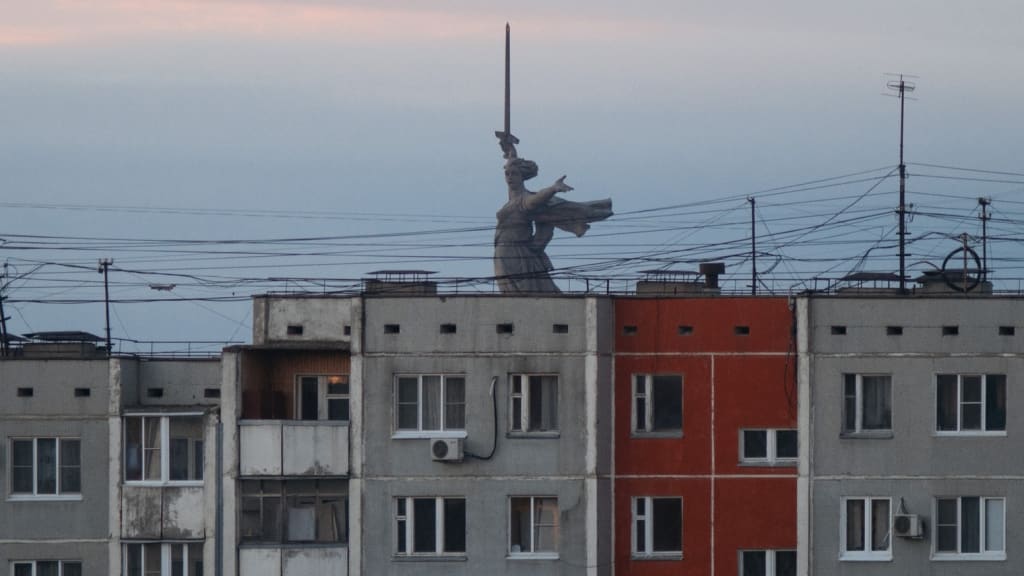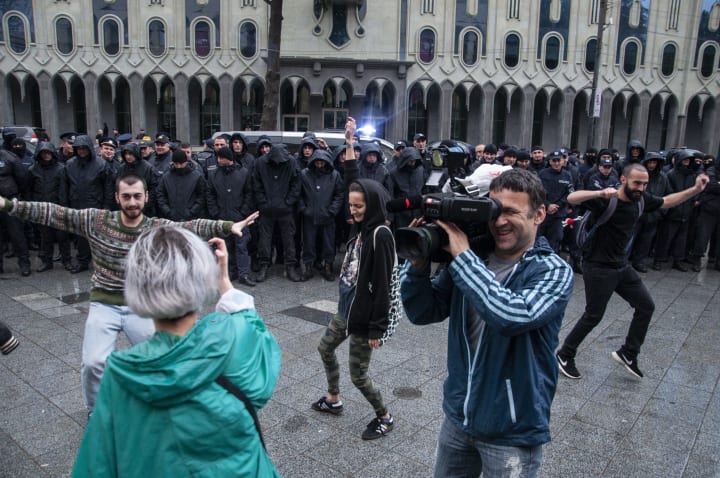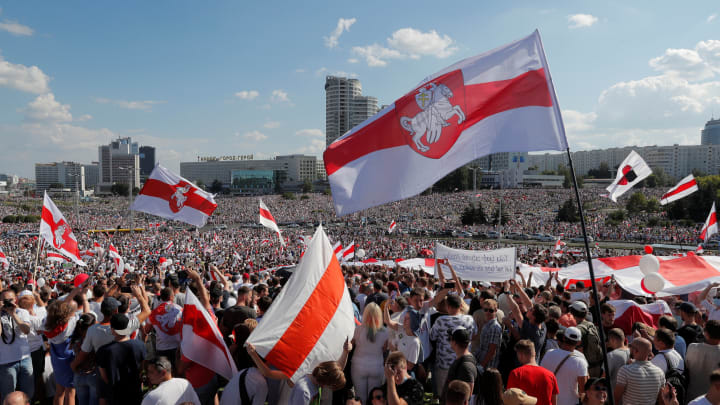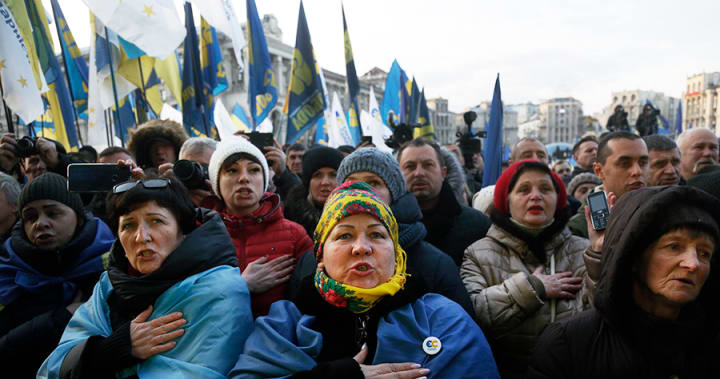How activism is shaping the Post-Soviet sphere
A frontier of democracy for 3 decades

It was December 25th of 1991 when the USSR collapsed. Just before that day, the soviet red hammer and sickle banner was pulled down from the Kremlin for the last time. It was the rebirth for Russia and the other 14 countries. A soviet union, the communist behemoth was simply destroyed.
After that, the world seemed out of place. People and countries were disoriented and were experiencing the worst of their times. The ending of the Soviet Union was like coming out of Plato’s cave. Many of the people were thinking that it was a disaster, they wanted to be in that union. On the other hand, there were people who were hoping that they would finally become part of the world, as they always wanted to be trusted by the universe.
Sadly, things have turned out in different ways. Some of the countries are still working on the losses they had during the soviet union. The countries had been through major poorness. To this day, it is difficult to maintain normal conversation between Russian policy specialists, they are defensive and rude.
Even today, the post-soviet countries are dealing with the issues of the USSR.
Protests in the post-soviet countries
Since 1991, there has been a hope that more countries will become free, democratic, and prosperous. But sadly, almost every post-soviet country had been torn apart by civil wars, separatists, wars ( Russian-Georgian wars, for example, Russia still occupies Abkhazia and South Ossetia ), and falling economic.
Most of the post-soviet countries are still striving for the development of their economy because it was sharply declined in 1991. Only oil-rich countries are in a better position now, which is Russia, of course, Kazakhstan and Azerbaijan.
Today, after 28 years of freedom from communism, seven out of fifteen states are still classified by various western organizations. There are lots of causes for this and the main reason is that people in these countries are not trying to develop their state of mind, Educational system, or anything that was built in the times of communism. People are not protesting the conditions they are living in now because they are used to believing in everything that the government says to them. They are living in poverty from the 1990s and they can not even imagine different conditions for living, since they have not seen anything good in life.
Propaganda
Politicians are masters of manipulation. They have power over every TV channel in the countries and they can directly command them what to do, how to do, and when to do. No wonder that after the severe economic crisis in Russia or other countries, people are still choosing the same government, since they don’t know how to change anything. Still, there are numerous protests nowadays in different post-soviet countries. They are demanding offbeat and better reforms in order to have a better quality of life. Despite police crackdowns and activists sent to prison, there are some civil societies who are always fighting back if the government is unfair to them. Let’s hope that everyone who will see the injustice will say that they saw it and don’t become numb.
Georgia’s rave revolution

In 2018, the 12th of may, Georgian special policies stormed two Tbilisian night clubs, Bassiani and Café Gallery. Dozens of clubbers were arrested and The co-founders of Bassani were arrested. The authorities claimed that it was everything connected with drugs, but people knew that all of this was a huge misunderstanding. By the early evening on the same night, 4k of demonstrators were protesting against the excessive police force. The capital city of Georgia, Tbilisi - was in the global spotlight. There were thousands of strong-willed people who were protesting outside of the Georgian Parliament building. The mood was exceptional because people were excited about their togetherness. Electronic music was pulsated from the speakers and the people were dancing as they have never danced before. They answered violence with love and dance. A new generation has made its statement - which was standing with human rights. It was clear that the media and politicians have understood these values from the young people of Georgia. This was very interesting to see, people talked about it for months and they are still talking about it. Dancing was taken as a form of freedom of expression and this was important for the whole nation. This series of events was called the `Rave Revolution”.
Massive Protests in Belarus

More than 100k people have flooded in the streets of Minsk in order to demand Belarus’ president to resign. The government said that Lukashenko won a sixth term with 80% of the vote, but everyone else besides them was saying that the results were false.
The protests in Minsk were held with a large number of people, and this is happening until now. More than 7k people were arrested. People are protesting against Lukashenko’s 26-year rule. Despite the police crackdown, the protestant is not going to their houses. They are unwilling to back down. They are tired of injustice.
Political experts are telling people that Putin’s backing of Lukashenko could turn Belarusians against Russia. But the people and opposition leaders are saying that differently. The movement is not pro-Russian or anti-Russian, it is pro-democratic.
Ukraine crowds protest over Russia summit

5 hundred of Ukrainians in December of 2019 have protested the pressure from Russia’s president.
The protestants were having slogans such as no to capitalism and “stay away from Moscow”. Their position was very simple, they just wanted peace. Protestors banged snare drums and brought flags of Ukraine. Some of the protestors carried flowers in order to leave them at military memorials. The Ukrainians don't want any of Russia's influence in their country. The march was organized by veterans and supporters of closer integration with Europe. Protestants wanted peace, but they wanted id to be done differently. They did not want their people to die, since the war in eastern Ukraine has killed more than 13k people since April 2014. People were tired of the war, they needed a new plan of peace.






Comments
There are no comments for this story
Be the first to respond and start the conversation.